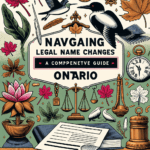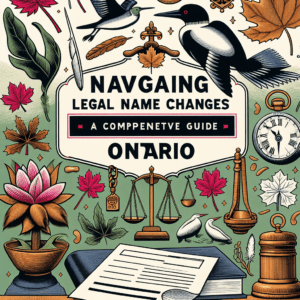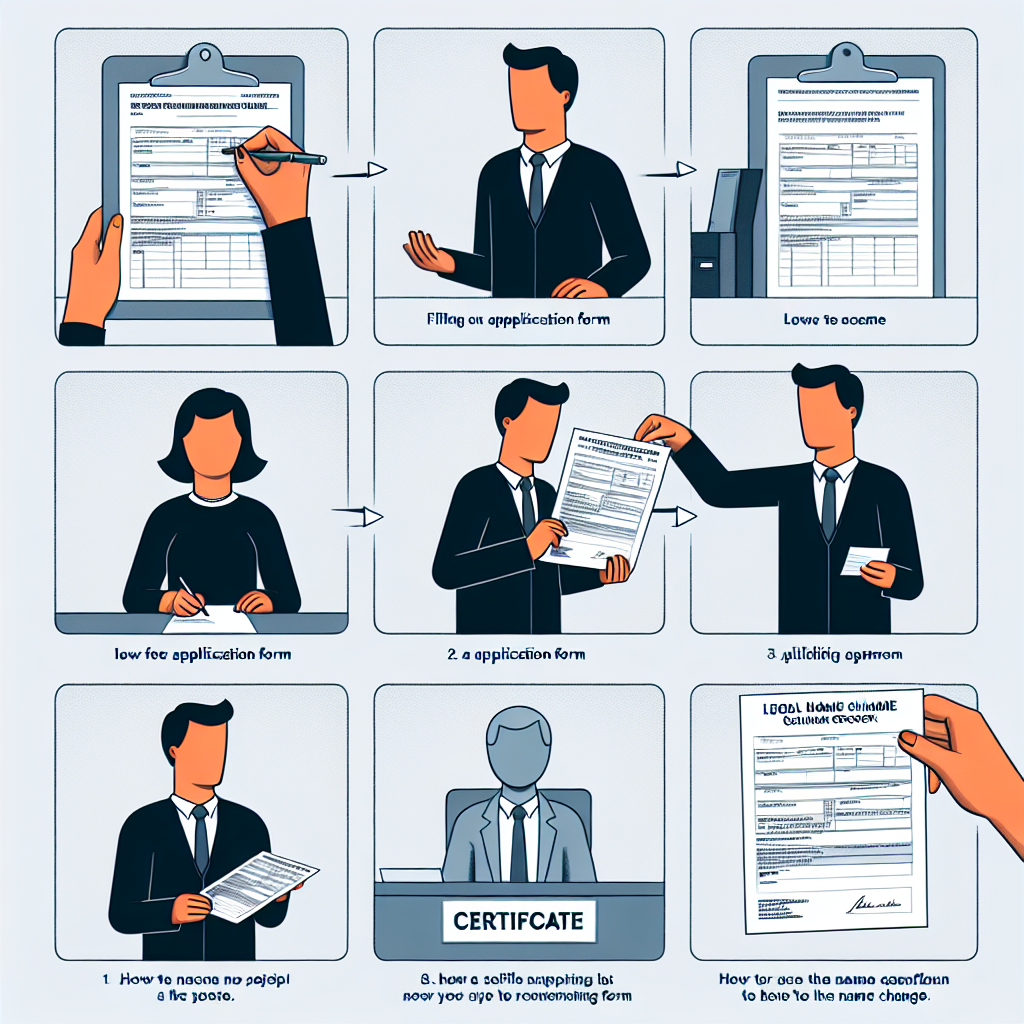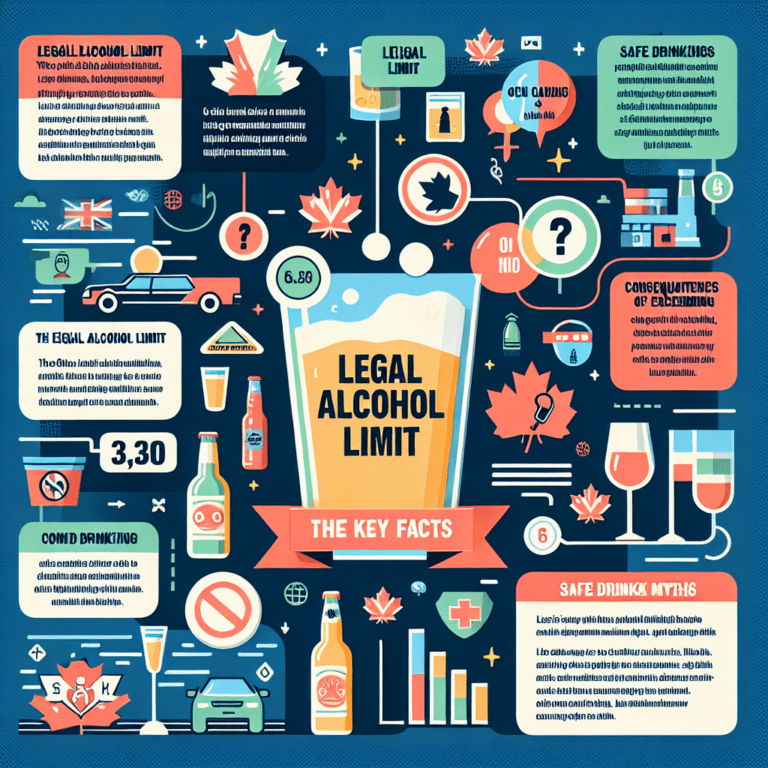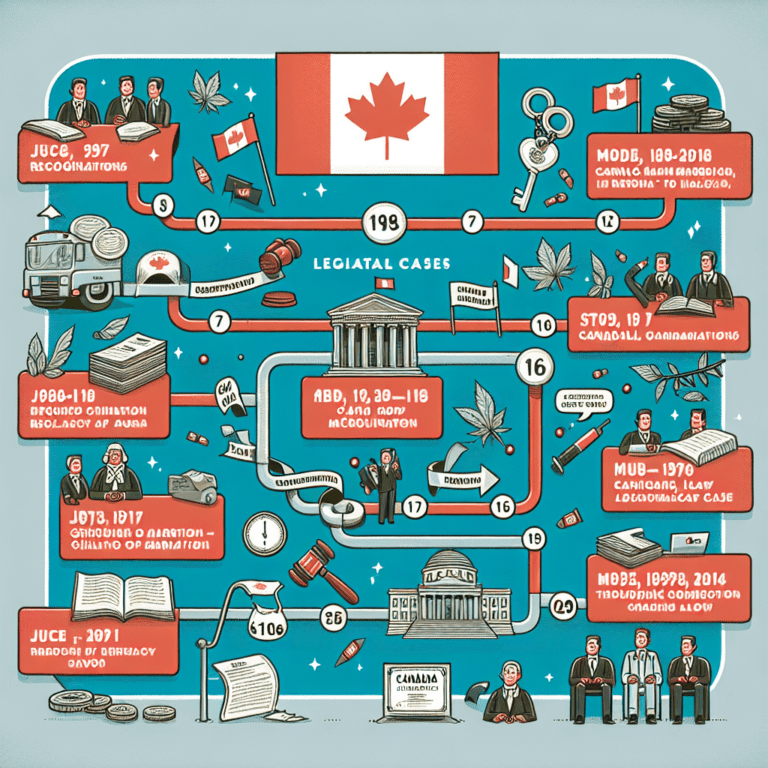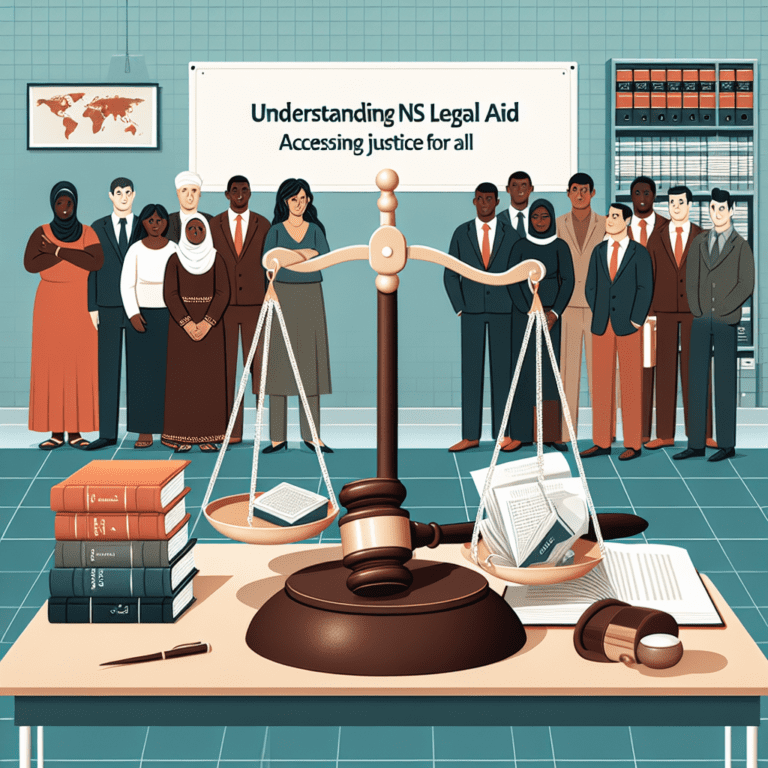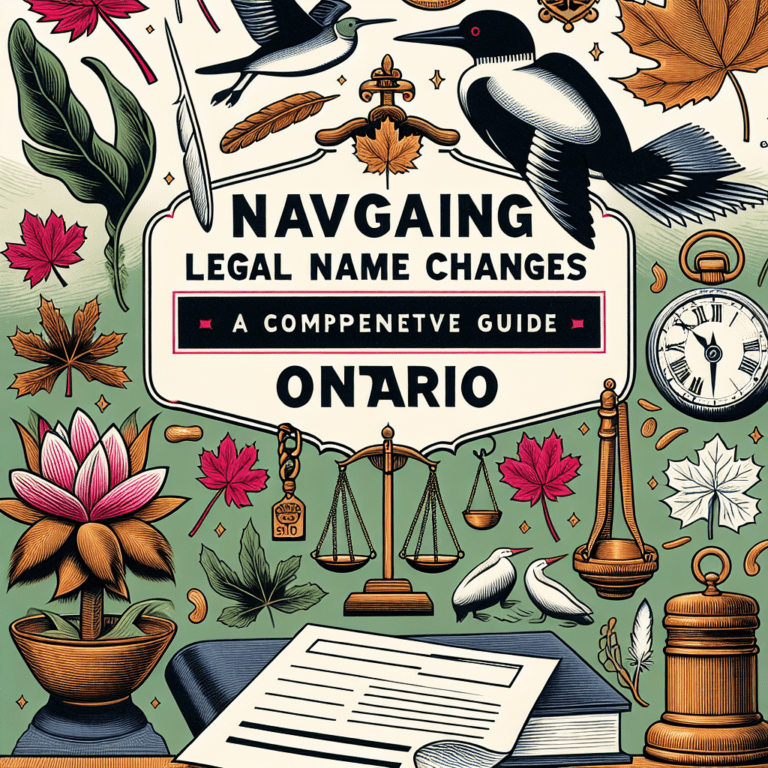===
For many individuals in British Columbia, the desire to change their legal name transcends mere aesthetics—it’s a powerful step toward aligning their identity with their true self. However, navigating the legal name change process in BC can be a labyrinthine journey filled with complexity and uncertainty. This article aims to illuminate the essential steps and considerations for those looking to undergo this significant transformation, providing clarity and guidance along the way.
Navigating the Legal Name Change Process in British Columbia
The legal name change process in British Columbia is governed by the Change of Name Act, which outlines specific criteria and procedural steps applicants must follow. First and foremost, individuals must be at least 19 years old, or 16-18 years old with parental consent. For those under 16, consent from both parents or guardians is required. The initial step involves submitting an application form to the Vital Statistics Agency, along with required documents like proof of identity, residency, and, if applicable, proof of marriage or divorce.
Once the application is submitted, it will undergo a comprehensive review process. During this period, the Vital Statistics Agency ensures that the name change complies with legal standards and that the proposed name is not offensive, misleading, or intended for fraudulent purposes. This stage is critical; any issues or discrepancies can lead to delays or even denials, emphasizing the importance of attention to detail in the application.
An often-overlooked aspect of the process involves the public notice requirement. The law mandates that applicants provide public notice of their name change—typically in a local newspaper or through another approved method—allowing for any objections to be raised. Many individuals find this step daunting, particularly if privacy considerations are at play. However, there are provisions for waiving public notice in specific circumstances, such as safety concerns or instances of abuse, which applicants should explore thoroughly.
Essential Steps and Considerations for Name Change Applicants
Understanding the timeline for completing the name change process is key for applicants. Generally, the entire process can take several weeks to months, depending on the complexity of the application and the volume of requests being processed by the Vital Statistics Agency. Applicants should prepare for potential delays and plan accordingly, particularly if they need the name change finalized for reasons such as travel or employment.
Another crucial consideration is the financial aspect of changing a name in BC. As of now, the application fee is set at $137. However, applicants should also account for additional costs related to updating personal documents post-approval, such as passports, driver’s licenses, and bank accounts. Each of these institutions may have their own fees and processes, which can add up significantly. Understanding this financial landscape is essential for effective planning.
Lastly, individuals should be aware of the emotional implications of a name change. This journey can evoke a mix of excitement and anxiety, particularly for those who may face social repercussions or familial challenges as a result of their decision. Engaging with supportive communities, whether online or in-person, can provide crucial emotional backing and practical advice. Seeking guidance from legal professionals experienced in name change processes can further ease concerns and ensure that all aspects are handled smoothly.
===
Changing your legal name in British Columbia is not just a bureaucratic task; it is a deeply personal journey that requires careful planning and consideration. By understanding the steps involved and the potential challenges along the way, you can make informed decisions that align with your identity and aspirations. Whether seeking a name that reflects your true self or facilitating a fresh start, your effort to navigate this process can lead to transformative personal empowerment. If you’re ready to take the next step, consider reaching out to the Vital Statistics Agency or a legal expert to guide you through the intricacies of this important transition.
Understanding Legal Self-Defense Weapons in CanadaUnderstanding Legal Paper Size: Dimensions and Uses ExplainedNavigating Legal Name Changes in Ontario: A Comprehensive GuideRelevant LinkRelevant LinkRelevant Link


